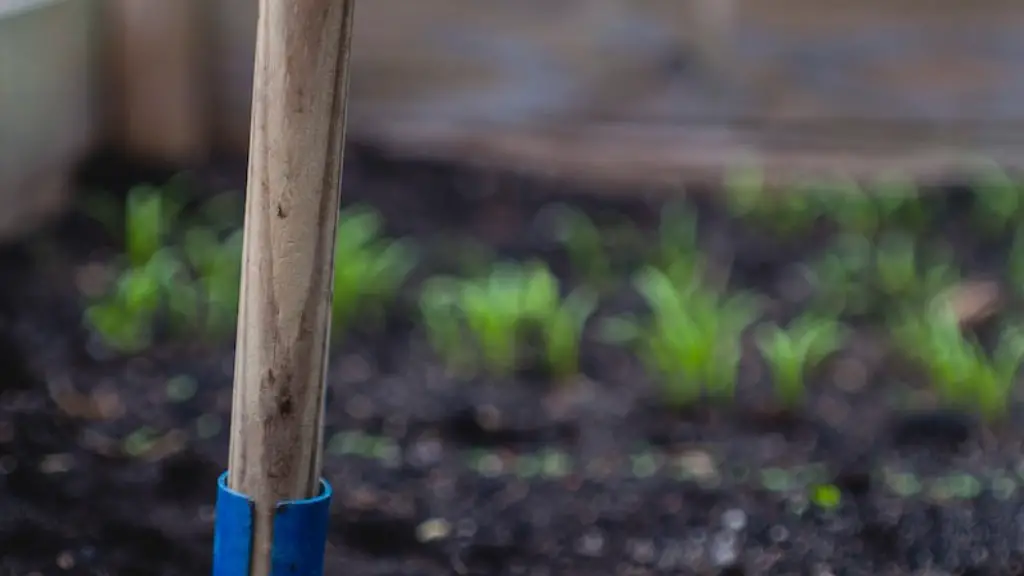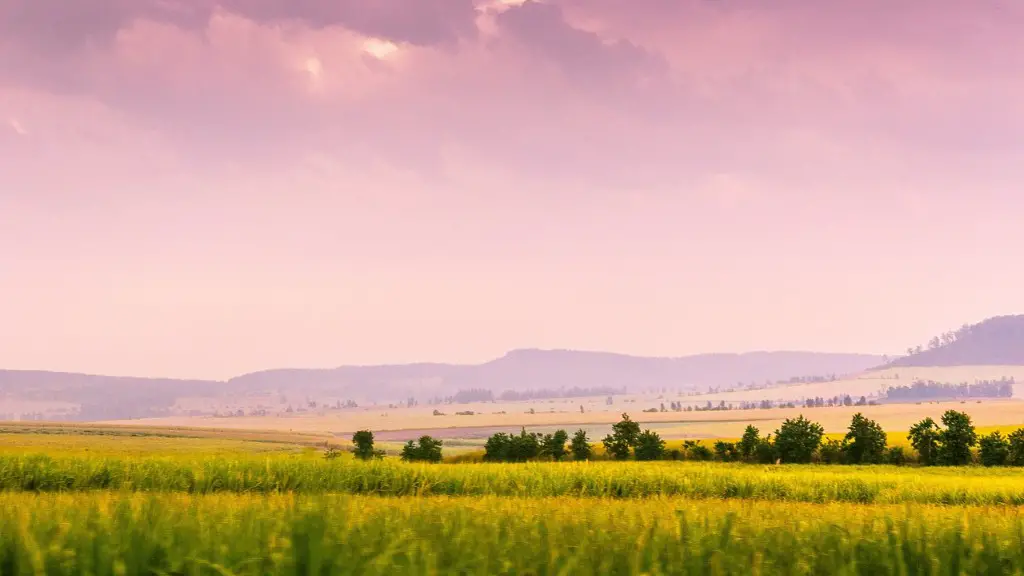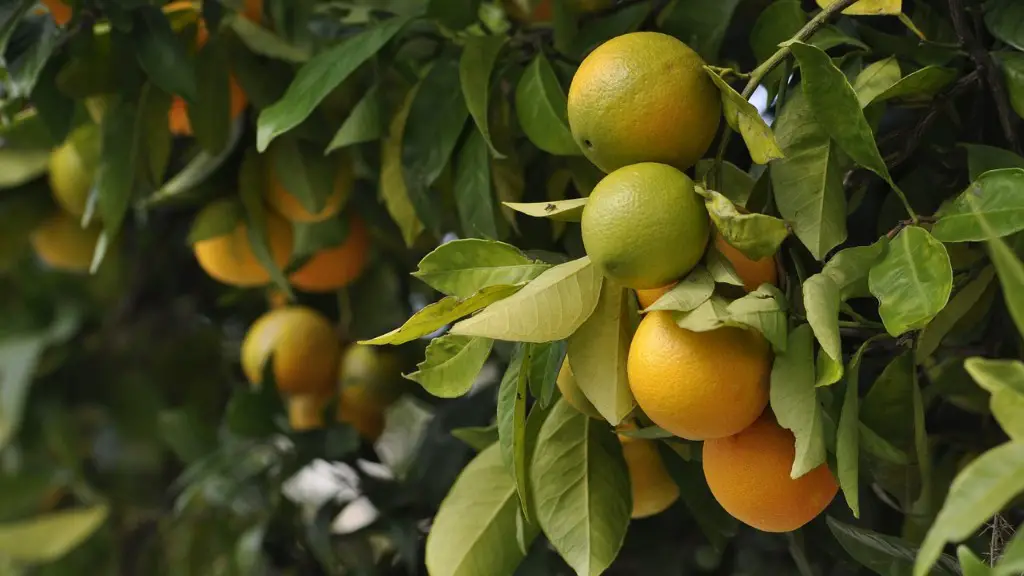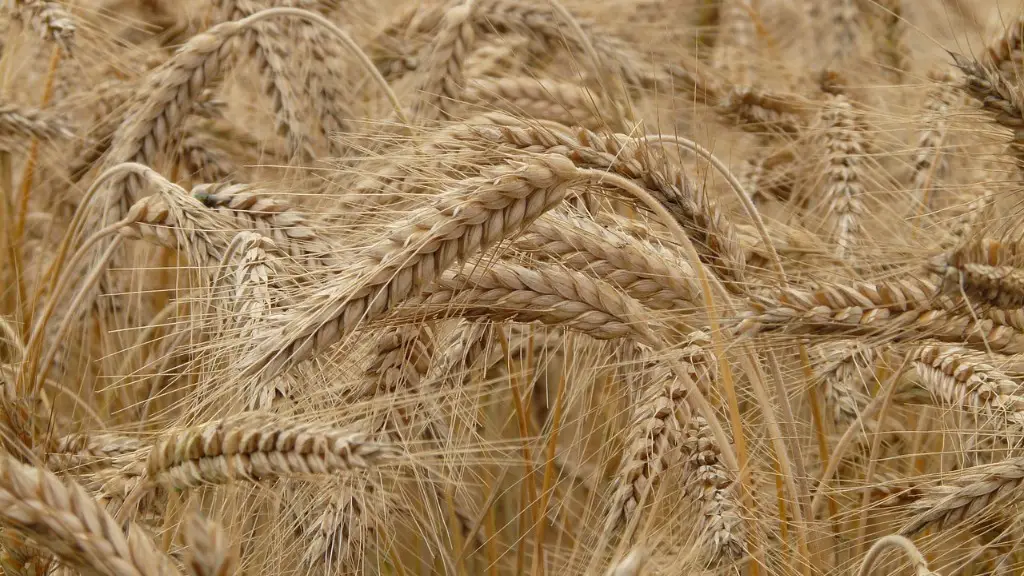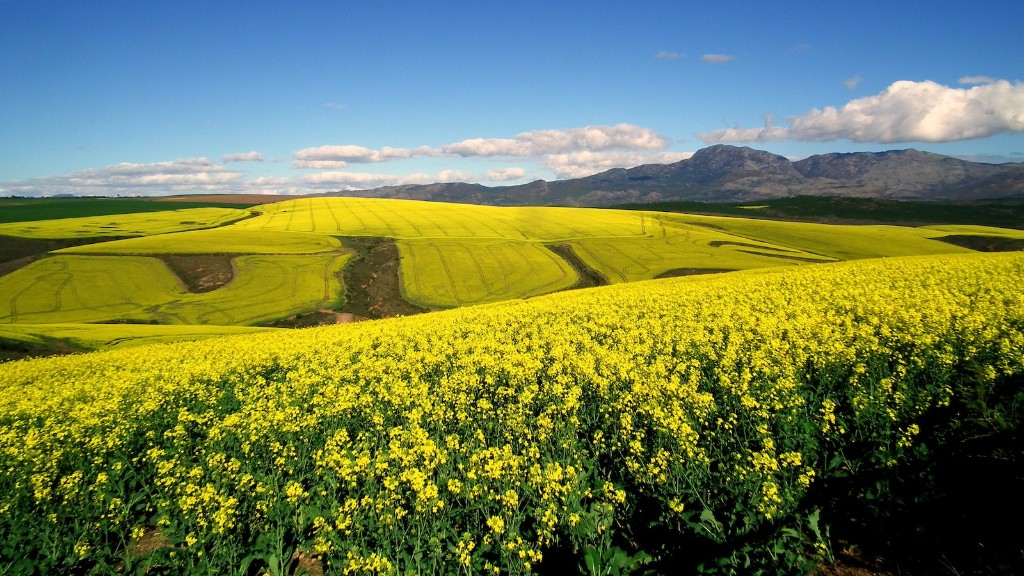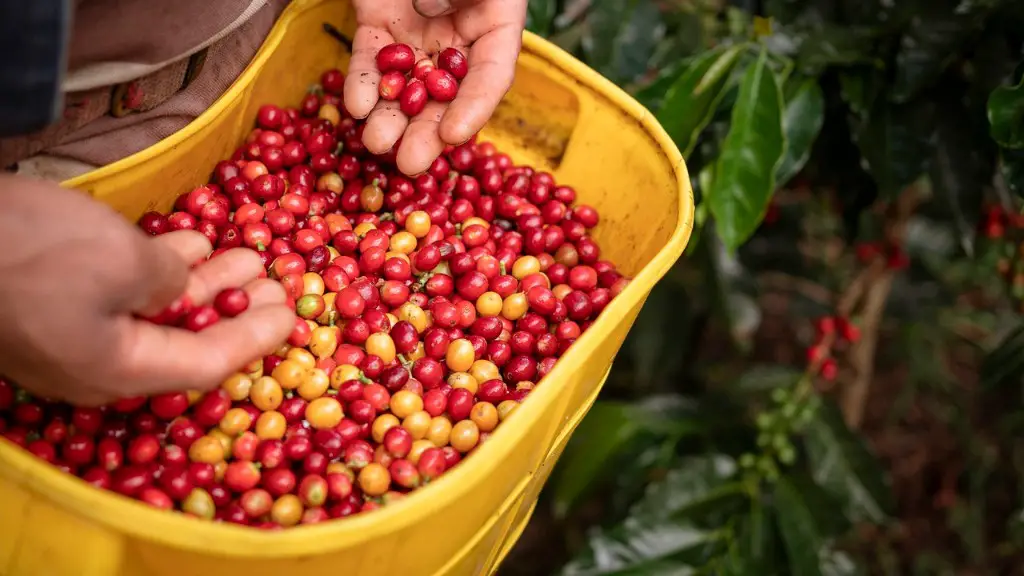Organic agriculture is a system of farming that promotes the use of environmentally and socially responsible practices. The goal of organic agriculture is to produce food that is safe, healthy, and nutritious, while also being environmentally sustainable. Organic farmers use a variety of techniques to achieve these goals, such as crop rotation, cover crops, and composting.
Organic agriculture is a method of crop and livestock production that involves much more than choosing not to use chemicals. Organic producers rely on knowledge, skill and intensive management to keep their crops and animals healthy.
What are examples of organic agriculture?
These are just a few of the sustainable practices that can be used to improve soil health. Crop rotation between plant families helps to break up the cycle of pests and diseases, and adding compost or properly handled animal manures helps to build soil organic matter. Selecting disease tolerant plants and using trap crops can help to reduce the impact of pests and diseases, and proper disposal of diseased crop residue helps to prevent the spread of diseases.
Organic certification is a process that farmers and businesses must go through in order to ensure that their products meet strict standards for growing, processing, and handling. If a product has the USDA organic seal, it means that the product is certified organic and has 95 percent or more organic content. Organic production emphasizes natural processes and ingredients.
Does organic label mean anything
Organic is a labeling term found on products that have been produced using cultural, biological, and mechanical practices that support the cycling of on-farm resources, promote ecological balance, and conserve biodiversity. These practices are designed to encourage soil and water conservation and reduce pollution.
Organic refers to how farmers grow and process food. Organic farming methods differ from conventional farming in several ways: Conventional farming uses chemical fertilizers to promote plant growth, while organic farming employs manure and compost to fertilize the soil.
What are the 3 types of organic farming?
Organic farming is a type of agriculture that relies on naturally occurring processes, rather than the use of synthetic inputs, such as chemicals and pesticides. There are two main types of organic farming: integrated organic farming and pure organic farming. Integrated organic farming is a type of farming that combines both organic and conventional methods in order to create a more efficient and sustainable system. Pure organic farming is a type of agriculture that relies exclusively on organic methods, such as crop rotation and the use of compost.
The use of irradiation, sewage sludge, and genetic engineering is expressly prohibited in organic food production and processing. These methods can pose serious risks to the environment and human health, and organic farmers and processors are committed to producing food in a way that is safe and sustainable.
Can you trust USDA organic?
While there are many marketing claims that add value to foods, consumers can be assured that USDA organic products are verified organic at all steps between the farm and the store. The USDA organic seal on a product means that it has been produced according to strict federal standards for organic agriculture. These standards include requirements for soil and water conservation, pest and weed management, and use of approved materials. USDA organic products are also verified to be free of synthetic ingredients, including hormones, antibiotics, and GMOs.
The USDA’s National Organic Program requires farmers who market their products as “organic” to have their wares certified by a USDA-accredited agent. If it’s touted as “certified,” you can ask to see a copy of the organic certification paperwork.
What states are fully organic
Sikkim is a very small state in Northeast India. In 2016, it became the first fully organic state in the world. The state is implementing organic practices on almost 75000 hectares of agricultural land. Not only is Sikkim the first fully organic state of India, but it is also the first in the world.
If a product is labeled as “100 percent organic,” it means that all of the ingredients in the product are organic. This excludes salt and water, which are considered natural. Most raw, unprocessed or minimally processed farm crops can be labeled as “100 percent organic.” Products that are labeled with the USDA organic seal and/or the 100 percent organic claim must meet all of the requirements of the USDA’s National Organic Program.
Is organic no pesticides?
Organic foods are not always pesticide-free. However, organic farming only allows for the use of organic pesticides that avoid man-made chemicals at all costs. Farmers must use other methods of non-chemical pest control first before using any man-made pesticides.
The USDA organic label means that a third party has verified that at least 95% of the ingredients used in the product are organic. The phrase “made with organic ingredients” means that at least 70% of the ingredients used in the product are organic. Foods can still be organic even if they’re not labeled as such.
What are the 5 disadvantages of organic farming
Organic farming has some disadvantages compared to other types of farming. One disadvantage is that organic farmers may not receive government subsidies like farmers who use traditional farming methods. Another potential disadvantage is that organic farmers may use organic pesticides and other organic chemicals, which may not be truly organic. Additionally, organic farming often requires more work and more observations, which can be costly and time-consuming.
Organically grown food is healthier for you and the environment. It is grown without the use of synthetic fertilizers or pesticides, which can pollute the air, water, and soil. Organically grown food is also more nutritious than conventionally grown food because it is not sprayed with chemicals that can reduce the nutrient content.
What are the problems with organic farming?
Organic food is more expensive than conventional food because farmers do not get as much out of their land as conventional farmers do. Production costs are higher because farmers need more workers. Marketing and distribution is not efficient because organic food is produced in smaller amounts.
Organic farming is a rapidly growing industry in India with many farmers adopting this sustainable and environmentally friendly method of agriculture. The production of organic fertilizers is an important part of organic farming as these provide essential nutrients to the crops and help to improve soil health.
According to the latest data from the Ministry of Agriculture and Farmers Welfare, the total production of organic fertilizers in India during 2020-21 was 24,945,000 tonnes. This is a significant increase from the previous year, when the total production was just 17,698,000 tonnes.
The majority of organic fertilizers are produced in the states of Andhra Pradesh, Assam, Bihar, Uttar Pradesh and Maharashtra. These five states account for more than 80% of the total production in India.
The increase in the production of organic fertilizers is a positive sign for the growth of the organic farming industry in India. This will help to meet the demand for organic products from consumers and also improve the fertility of the soils.
Conclusion
Organic agriculture is an approach to crop and livestock production that relies on techniques that are in harmony with nature, eschewing the use of synthetic inputs such as fertilizers and pesticides.
Organic agriculture is a type of farming that focuses on using natural processes, rather than synthetic inputs, to produce food and other crops.
